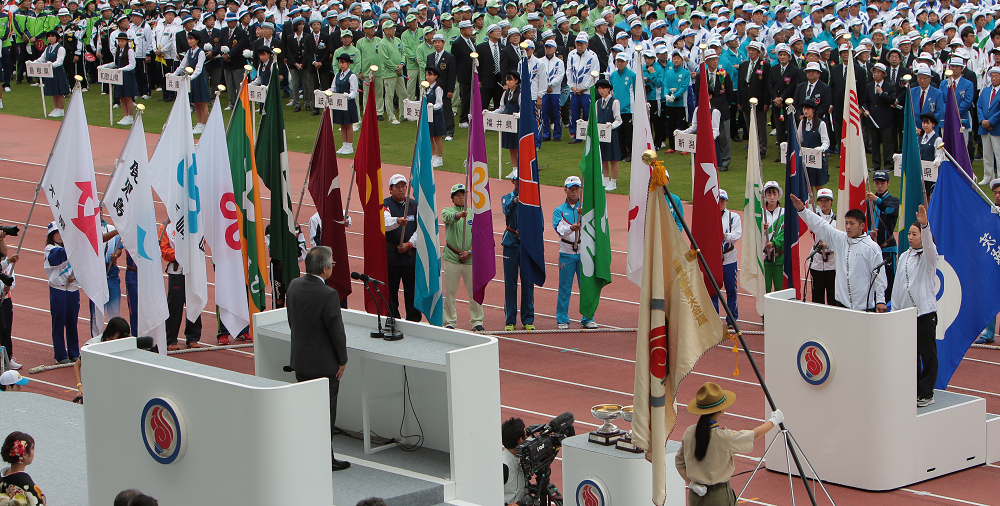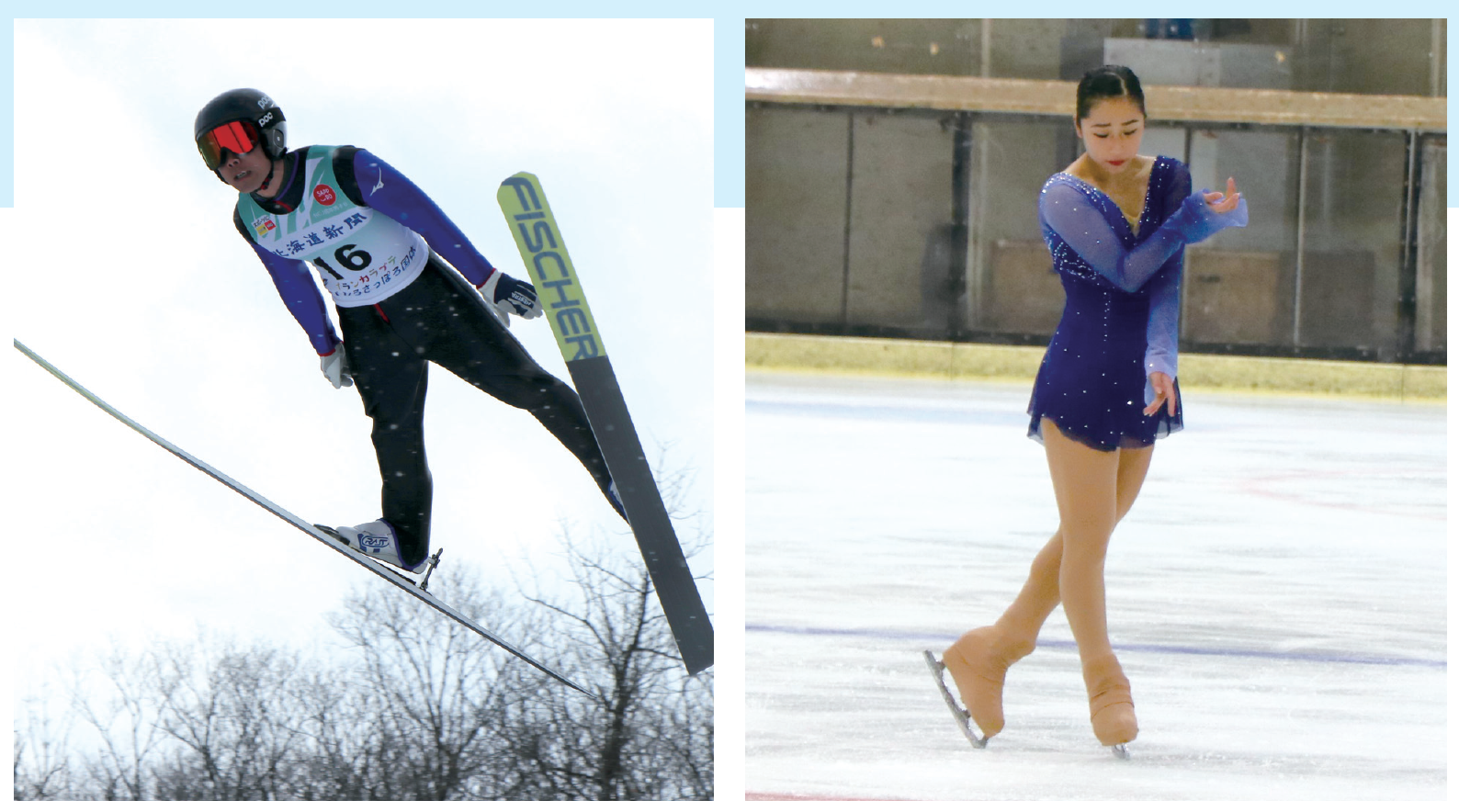
The Japan Games(formerly National Sports Festival) was founded in 1946 to give hope and courage to people, especially the young, through sport. The first meet was held in the Keihanshin (Kyoto, Osaka and Kobe) region and ever since the event has been hosted by a different prefecture each year.
This is Japan’s biggest and most prestigious domestic sports festival. The Japan Games is held with the goals of disseminating sporting activity widely, spreading the sporting spirit, improving the physical health and strength of the people, promoting regional sport, contributing to the development of local culture, and enriching the national lifestyle.
The Japan Games has grown and developed and started its second circuit of all the prefectures of Japan in 1988 but has also had to adapt to new trends in the world of sport.
Seeking to spread new awareness of the meet’s significance and value, and make the event still more fulfilling for the athletes themselves, concepts for the future of the event were compiled in “The National Sports Festival in the 21st Century – Promoting the Kokutai Movement” (March, 2013). Work is now advancing actively in every field to give tangible shape to the concepts.
Anti-doping Activity
The Japan Games coordinates with the Japan Anti-Doping Agency and other bodies in implementing anti-doping activities (doping tests and providing antidoping education, information and other awareness activities) to enhance health management for athletes and the significance and value of Japan’s biggest comprehensive sports meet from the perspective of Fair Play.

